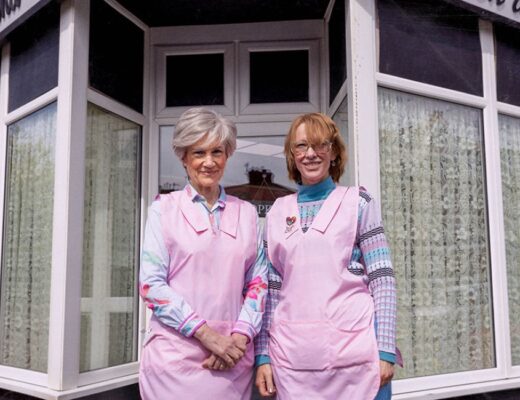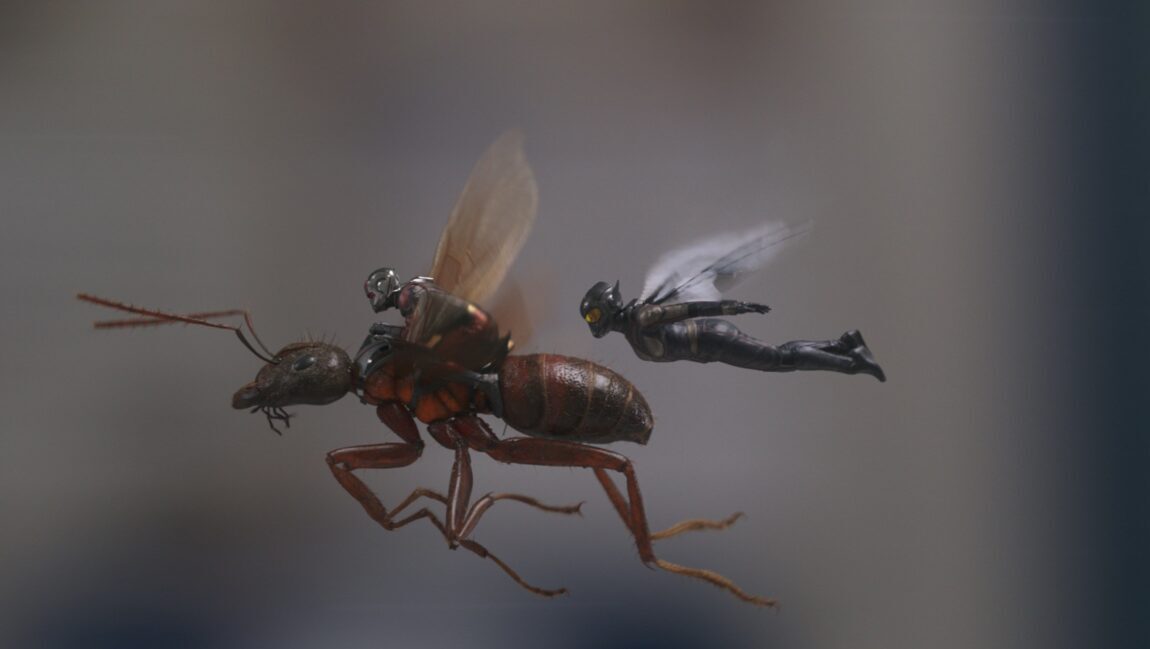Silent Night is more holiday punishment than gift.
Featuring a floor-to-ceiling stacked cast and a festive setting and title, one might assume that Silent Night, the feature film debut from writer-director Camille Griffin, would be in the same vein as another beloved and meme-able English Christmas staple, Love, Actually — or at the very least, one of those star-studded, overstuffed holiday ensemble pieces Garry Marshall was cranking out at an almost alarming rate before his death in 2016. Yet those seeking any sort of yuletide comfort and joy should look elsewhere, as Silent Night is ultimately an apocalyptic tale detailing humanity’s final moments on Earth, as the family and friends gathered for a final Christmas dinner await deadly toxins from which there is no escape. Co-star Keira Knightley is no stranger to either scenario, having starred in both the aforementioned Love, Actually and the Armageddon-set romance Seeking a Friend for the End of the World; if you are going to combine the two, you might as well have an expert on-hand.
But more precisely, Silent Night is the English rendition of It’s a Disaster, in which both indie and mainstream stars trade barbed witticisms as the world crashes around them. Here, the jokes are much drier and oh-so-very British, even as insults are hurled and dirty laundry is aired. Knightley and Matthew Goode star as a bougie couple who invite their well-to-do friends to join them in their country home for one final Christmas Eve party, which will end with the guests taking government-provided pills that will gently send them into The Big Sleep before the poisonous air ravages their internal organs. The guests include a snotty bitch (Annabelle Wallis) and her milquetoast, ineffectual husband (Rufus Jones); a lesbian couple (Lucy Punch and Kirby Howell-Baptiste); a hot doctor (Sope Dirisu) and his obligatory American (and thereby, uncouth) girlfriend (Lily-Rose Depp); and some children (including Jojo Rabbit himself, Roman Griffin Davis). It’s unnecessary to provide names as everyone here is an archetype, defined solely by a few throwaway character traits, making it impossible to truly care what happens to them, regardless of a final stretch that piles on the pathos to an almost embarrassing degree. These people are all generally unlikeable, which seems appropriate given the circumstances, but it doesn’t always make for the most endearing of company, pushing the natural charms of the likes of Knightley and Punch to their absolute limits. Indeed, one wonders how Griffin was able to snag such an notable cast, considering the material is so very feeble, although at least young JoJo’s appearance makes sense upon learning that Griffin is his mother. The fact that his role consists of saying “fuck” every other word and undergoing severe emotional and physical trauma is a bit less explicable.
Silent Night has garnered a bit of controversy on the festival circuit due to its ending, which many view as an extreme example of anti-vaccination rhetoric, but given that the film was shot months before the COVID pandemic ravaged the planet, this seems like a case of unfortunate timing more than anything else, and really only distracts from the fact that the film’s final shot would be cheap and manipulative in any time, under any circumstances. Silent Night is the kind of film that thinks its cliched title — beyond the obvious irony of festive mood it suggests — is clever because its characters never shut up, but thanks to the whole death thing, they soon will. If you think that is ingenious, then you might have a new holiday favorite; everyone else can stick with Richard Curtis.
Originally published as part of TIFF 2021 — Dispatch 8.







